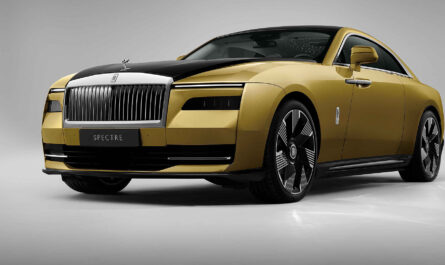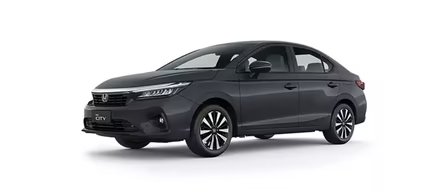As fuel prices hit record highs and environmental concerns grow louder, electric cars (EVs) are finally starting to spark real interest in Pakistan. Once considered a distant dream, 2025 is shaping up to be the breakthrough year for electric vehicles in the country.
But is Pakistan ready to switch from petrol to plug? Let’s dive into what the future holds for EVs in Pakistan.
⚡ The Current EV Scene in Pakistan (2025)
- MG4 EV, DFSK Seres 3, and Audi e-tron are already running on Pakistani roads.
- Local assembly of EVs has begun with Jolta Electric bikes and cars.
- Several charging stations have been installed in major cities like Lahore, Islamabad, and Karachi.
- The government offers reduced taxes, import duty, and registration fees on EVs to boost adoption.
🌍 Why EVs Matter for Pakistan
- Fuel Crisis: Petrol prices crossed Rs. 300+ per liter in 2025. EVs provide a clean, cheaper alternative.
- Air Pollution: Lahore and Karachi are among the world’s most polluted cities. EVs = no tailpipe emissions.
- Import Bills: Pakistan spends billions on oil imports. EVs help reduce this dependency.
- Global Shift: Countries like China, the UK, and India are already leading the EV movement. Pakistan can’t afford to be left behind.
🔋 Top Electric Cars in Pakistan 2025
| Car Model | Price (PKR) | Range (km) | Status |
|---|---|---|---|
| MG4 EV | 11–13 million | 350–450 | Imported |
| Audi e-tron | 25–30 million | 350–400 | Imported |
| DFSK Seres 3 | 8.5–9.5 million | 300+ | Imported |
| Jolta EV Car | ~3 million (est.) | 150–200 | Locally Produced |
🔌 Charging Infrastructure: Are We Ready?
Pakistan currently has over 150 EV charging points in cities and motorways. However, expansion is slow.
Key issues:
- Lack of fast chargers
- No charging standards
- Load-shedding and unstable power grid
But with solar EV charging stations and private investments increasing, there’s hope.

🛣️ Challenges for EV Adoption in Pakistan
- High Prices: Most EVs are still beyond middle-class reach.
- Low Awareness: Many people don’t trust or understand EV technology yet.
- Battery Concerns: Replacement cost, life span, and climate performance are still debated.
- Electricity Crisis: Can our grid handle a large number of EVs?
✅ Government Incentives (2025 Update)
- 0% import duty on EV parts (for local assembly).
- Reduced registration and token tax for EV owners.
- EV Policy 2020–25 extended to push more manufacturers into local production.
- Special zones being planned for EV industry and battery plants.
🔮 So, What’s the Future?
The future is electric—but with a Pakistani twist. EVs are slowly becoming part of our roads, but mass adoption still needs:
- Affordable EV models
- Local battery and vehicle production
- Public-private partnership for charging networks
- Greater awareness through media and test drives
By 2030, experts estimate that 30–40% of new cars sold in Pakistan could be electric, if the momentum continues.
✍️ Final Thoughts
Electric cars are more than just a trend—they’re a necessity for a cleaner, self-reliant Pakistan. While challenges exist, 2025 shows that Pakistan has entered the EV race—slow, but steady.
If the government, private sector, and consumers stay committed, the roar of engines might soon be replaced by the hum of electric motors.



